American Workers Lose As Ford Invests $3 Billion in Mexico
 Saturday, May 31, 2008 at 07:11PM
Saturday, May 31, 2008 at 07:11PM  President Felipe Calderón announced that Ford will build its new fuel-efficient Fiesta "global car" in suburban Mexico City and upgrade two plants here as part of a $3 billion investment, the largest in Mexican history by a foreign manufacturer.
President Felipe Calderón announced that Ford will build its new fuel-efficient Fiesta "global car" in suburban Mexico City and upgrade two plants here as part of a $3 billion investment, the largest in Mexican history by a foreign manufacturer.
The decision is a major setback for the United Auto Workers union, which has pushed Ford and other manufacturers to invest in U.S. plants. But it was a coup for the Mexican economy after years of losing manufacturing jobs to China and other Asian countries.
Industry analysts have long predicted that Ford would unveil a global car -- a subcompact designed to be easily built and marketed anywhere in the world -- but it was unclear until Friday which country would win the lucrative manufacturing deal. A UAW spokesman did not return calls seeking comment.
In an appearance Friday at Mexico's presidential palace, Los Pinos, Ford chief executive Alan R. Mulally said the decision to build the Fiesta is part of a plan to realign the company's manufacturing toward smaller cars and crossovers -- models between small cars and SUVs.
As gas prices have skyrocketed, Ford has suffered in particular because it relies strongly on sales of trucks and SUVs. Through April, light vehicles accounted for just 36 percent of Ford's sales, compared with about 60 percent at Toyota and Honda, David Whiston, an auto analyst at Morningstar, said in an interview.
"What this shows about Ford is that it has realized it needs to improve its vehicle mix to be much more skewed to fuel-efficient cars than trucks and SUVs," he said.
Mulally said Ford will start building the Fiesta in 2010 at a plant in Cuautitlán, a city in the state of Mexico, which borders Mexico City to the north. The plant now makes pickup trucks.
The company also will upgrade a transmission plant in the central state of Guanajuato in partnership with Getrag and build a new engine line at its plant in the northern state of Chihuahua. The company plans to invest $2.4 billion, with an additional $600 million coming from its suppliers and partners, Mulally said.
Calderón hailed the deal as "a great day for the industry, for employment and for Mexico." Since taking office in December 2006, Calderón has been consumed by a war with drug cartels and has struggled to stimulate economic growth and stem migration to the United States.
The Ford deal is likely to create 4,500 manufacturing jobs and generate more than 25,000 others, Mulally and Calderón said. Jorge de los Santos, director of Mexico City's infrastructure development corporation, said in an interview that the new jobs will be "great for Mexico" but that the country needs to redouble its efforts to attract "knowledge-based" white-collar jobs.
Mexico, the world's No. 11 auto-manufacturing country, has a long history with Ford, which began building cars here in the 1920s. The company has sold 12 million Fiestas since the car's introduction in 1976. The small vehicles are popular with the commuters who clog Mexico City's streets, and they sell well in other parts of Latin America and Asia but were sold in the U.S. only in the late 1970s.
Ford announced last week that it would not meet its longstanding goal of returning to profitability in 2009 and would be forced to make layoffs. The company reported a 12 percent drop in auto sales last month compared with April 2007.
Whiston said he did not expect Friday's announcement to substantially affect Ford's stock price because investors have already factored plans for the subcompact into their valuations. Ford rose 9 cents Friday, to $6.80 per share.








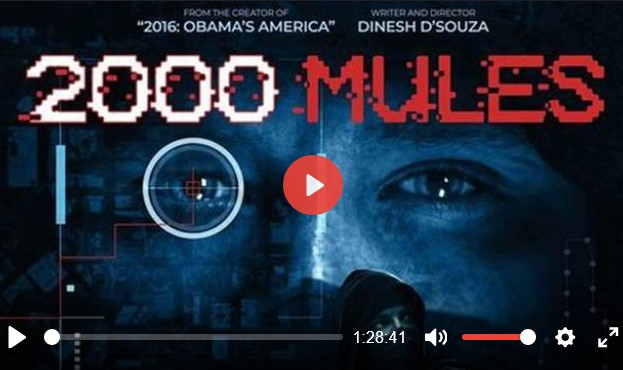






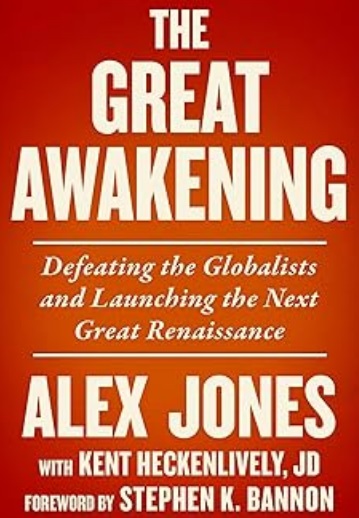




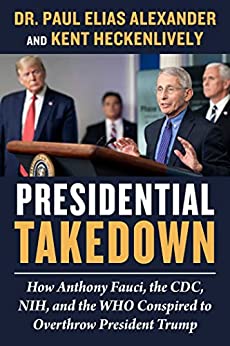










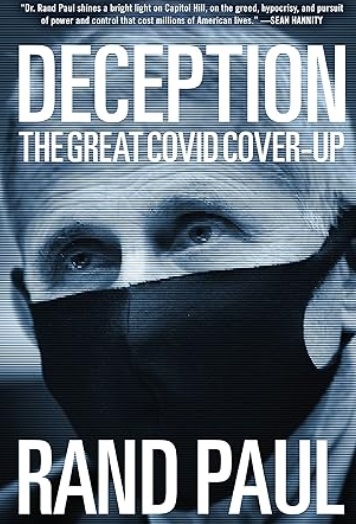








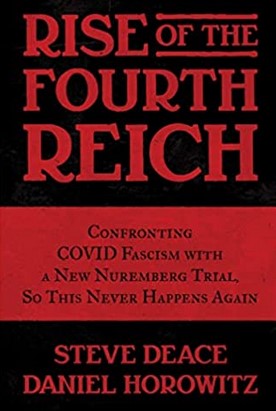

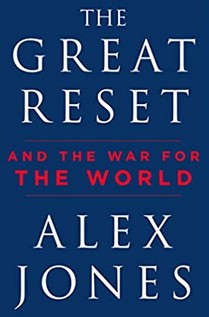



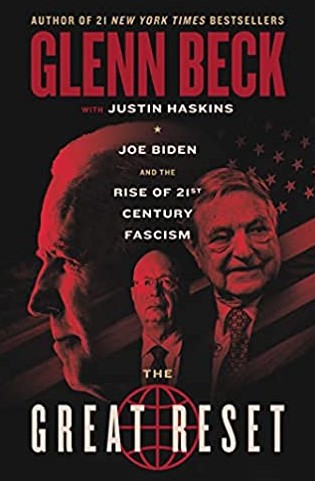






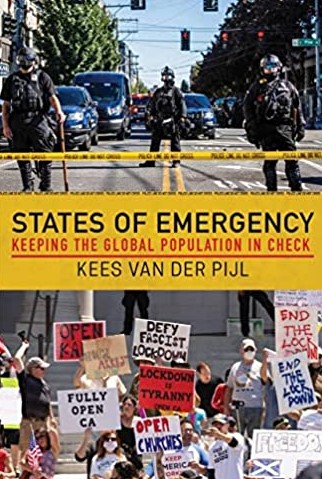

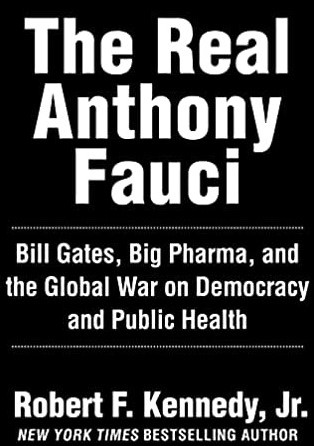













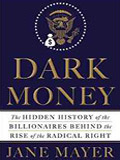


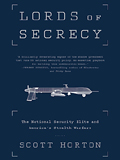



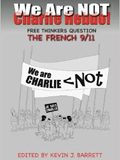



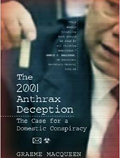


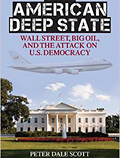


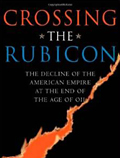

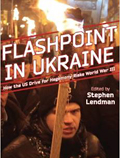



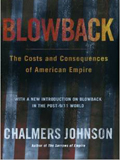




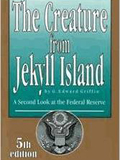

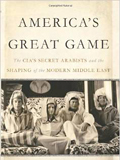


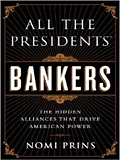





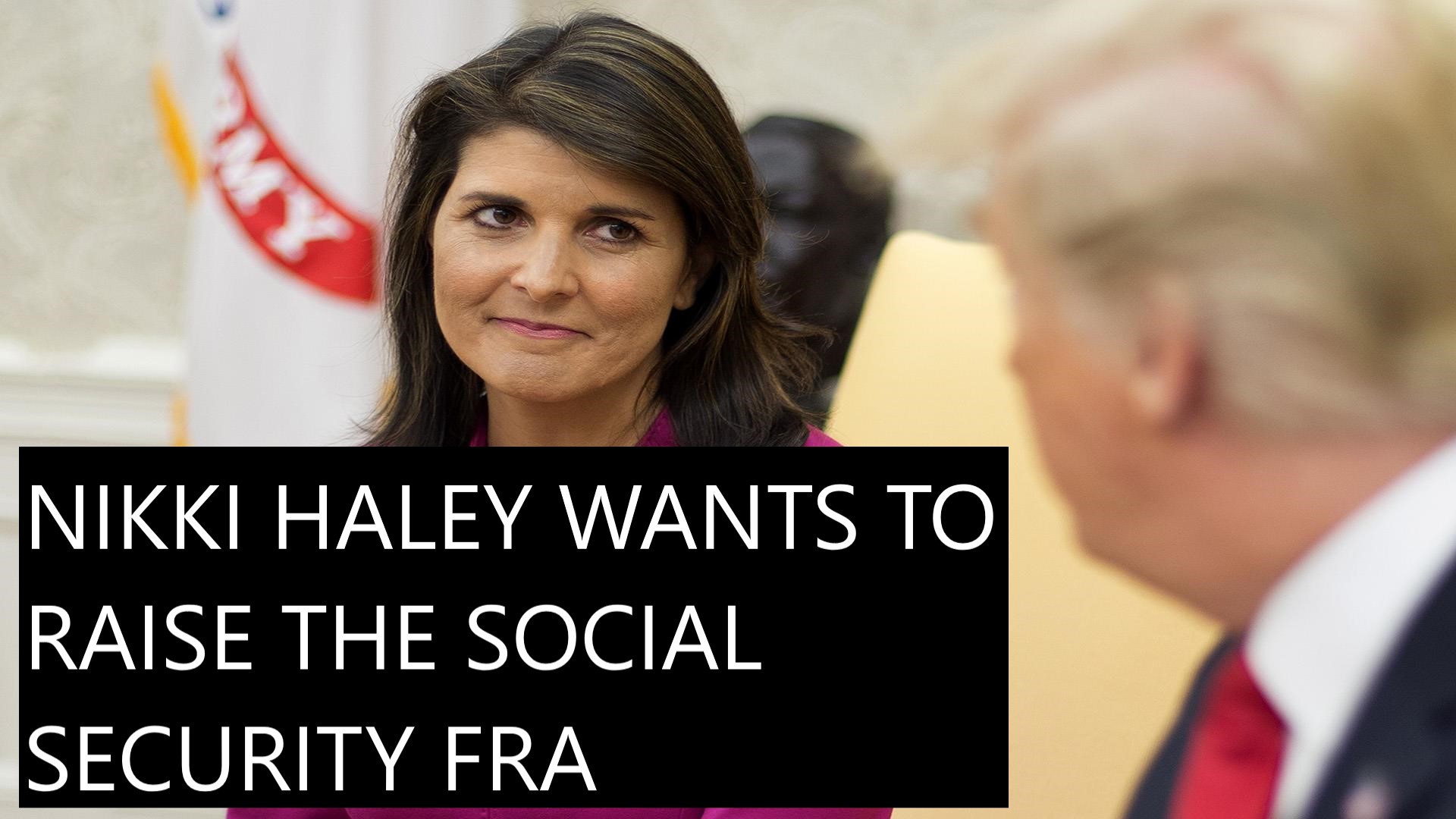

















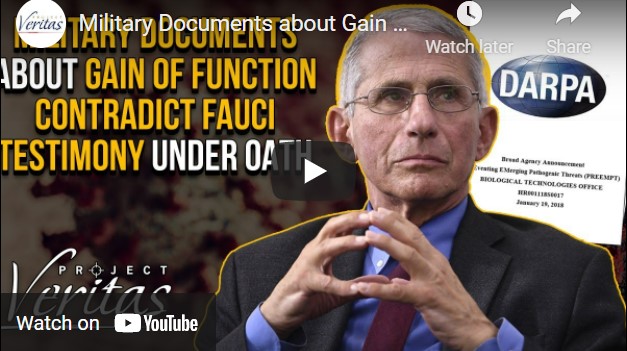


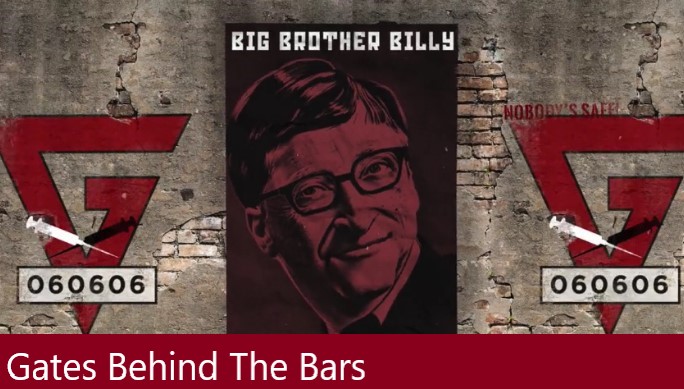


Reader Comments